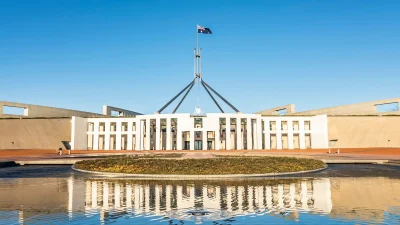APRA foreshadows getting ‘constructively tough’


The Australian Prudential Regulation Authority (APRA) has taken a leaf out of the Australian Securities and Investments Commission (ASIC) play book and has signalled its greater use of publicly naming institutions and superannuation funds against which it takes action.
The regulator’s approach has been outlined in its latest Enforcement Approach policy within which has said it will consider how it publicises its enforcement actions on a case by case basis but has made clear it will typically move to make such actions public.
“APRA will consider when and how to publicise the enforcement actions it takes on a case by case basis. However, unless there are likely to be risks to beneficiaries’ interests and / or financial stability from publicising an action, APRA will typically make public:
• administrative enforcement actions taken by APRA, such as formal directions and licence conditions or infringement notices;
• acceptance of an enforceable undertaking received from a regulated entity or an individual;
• disqualifications of accountable persons under the Bank Executive Accountability Regime, or other responsible persons under the prudential framework; and
• court-based enforcement actions commenced by APRA.
Announcing the new enforcement approach, APRA deputy chair, John Lonsdale described it as a “constructively tough” enforcement appetite indicative of a willingness by APRA to use its powers “more assertively to hold regulated entities and their leaders to account”.
“Getting ‘constructively tough’ is not only about taking stronger action earlier where banks, insurers and super licensees break the law, or fail to behave in an open and cooperative manner with us. It also means setting public examples where it is appropriate to do so and there’s no risk to financial stability,” he said.
“Publicising our enforcement actions not only acts as a general deterrent, it gives the community confidence that financial institutions are being held to account when they do the wrong thing,” Lonsdale said.
Recommended for you
The central bank has announced its latest rate decision amid stubborn inflation and increasing geopolitical tension.
Government has introduced a bill to Parliament to legislate the first stream of the QAR reforms.
ASIC now has a 1:1 ratio when it comes to court success in the enforcement of crypto activities and more action is expected as Treasury seeks to introduce a regulatory framework.
A leading governance body has hit out at “specialist interest groups proposing ad hoc law reform” when it comes to reforms of financial services legislation and believes an independent body is needed.














